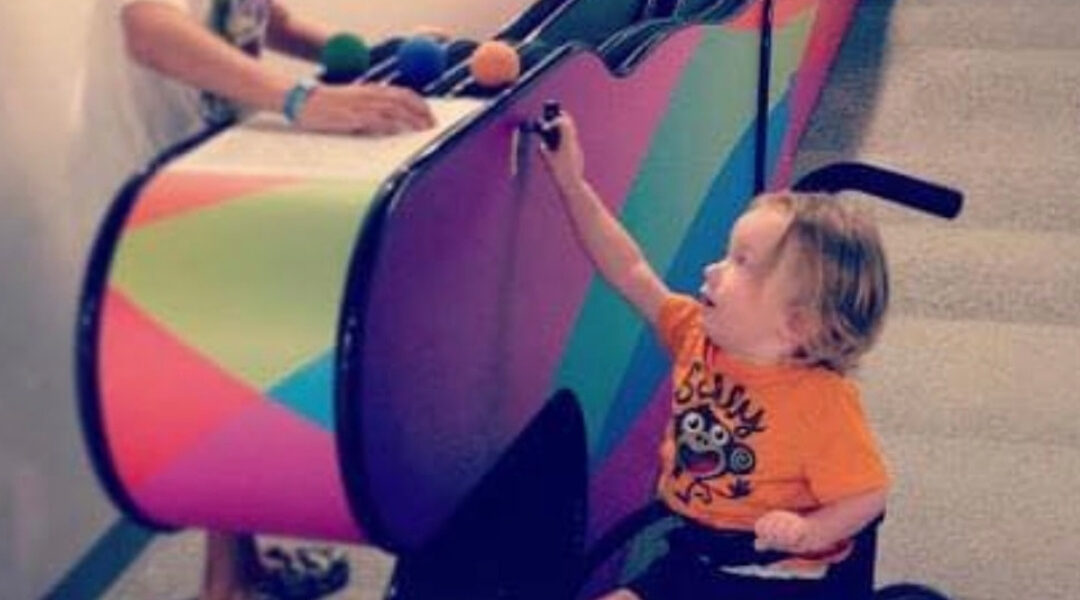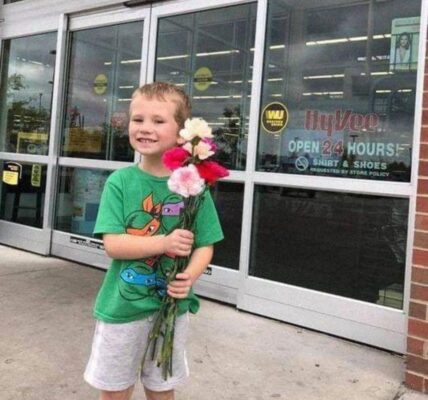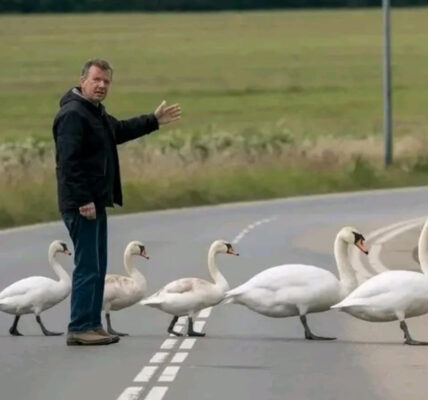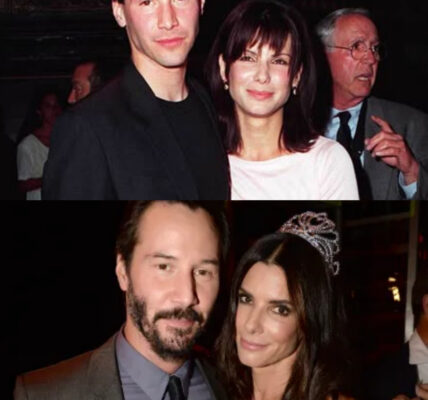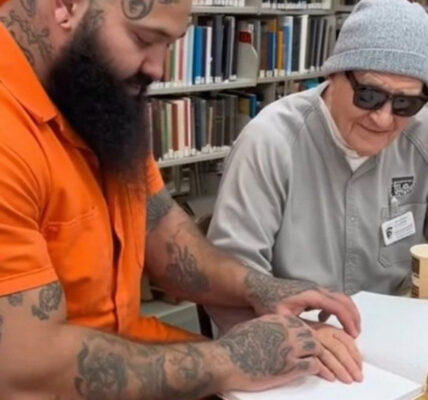It was just an ordinary afternoon at the science museum — the kind filled with laughter, curiosity, and the endless sound of little hands discovering how the world works. But for one mother, it became a memory she would never forget.

Her son, Kaden, was exploring the exhibits from his wheelchair, his eyes bright with excitement. Living with spinal muscular atrophy, his body was fragile, but his mind was boundless. He loved to learn — to push buttons, pull levers, watch colors move and lights flicker. Yet, in places built for running and climbing, it was easy for him to be left behind.
Until that day.
Because that day, there was another boy — a stranger — who noticed him. Not with pity. Not with confusion. But with simple, human kindness.
He didn’t ask why Kaden was in a wheelchair or what was wrong. He didn’t hesitate. He just saw another kid who wanted to play.
When Kaden couldn’t reach the balls that had rolled to the floor, the boy picked them up for him. When Kaden’s hands struggled to turn a lever, the boy helped him, quietly, naturally — the way kids do when their hearts are still unburdened by difference.
In that small corner of the museum, the two boys played side by side — equals in wonder, teammates in discovery.
Kaden’s mom watched from a few feet away, her chest tightening with gratitude. She had grown used to the looks — the stares, the whispers, the awkward smiles from adults who didn’t know how to respond to her son. But this boy didn’t need to understand a diagnosis. He only understood kindness.
Later that evening, she wrote a letter.
“To the little boy at the science museum,
I don’t know who you are, but thank you for being amazing.
You let my son play and engage with you. You helped him pick up balls from the floor when you saw that he could not.
You didn’t ask what was wrong with him or why he couldn’t walk — you just saw him.
Kaden is a lot like you. He’s curious and wildly smart. He wants to know how everything works.
Thank you for helping him turn the lever when you noticed he was too weak to do it himself.
You will probably never see this, but just by being you, you make this world better.”
And in that quiet message shared with the world, something beautiful rippled outward — a reminder that empathy doesn’t need an explanation, and kindness doesn’t need an audience.
Because the boy at the museum may never read her words. But for one child — and one mother who carries the weight of every small victory — his actions meant everything.
Sometimes, hope isn’t a grand gesture. Sometimes, it’s just a boy who sees another boy — not a wheelchair, not an illness, not a label — but a friend.
And that’s why, as she wrote at the end of her letter…
“This is why I think the world’s gonna be just fine.”
